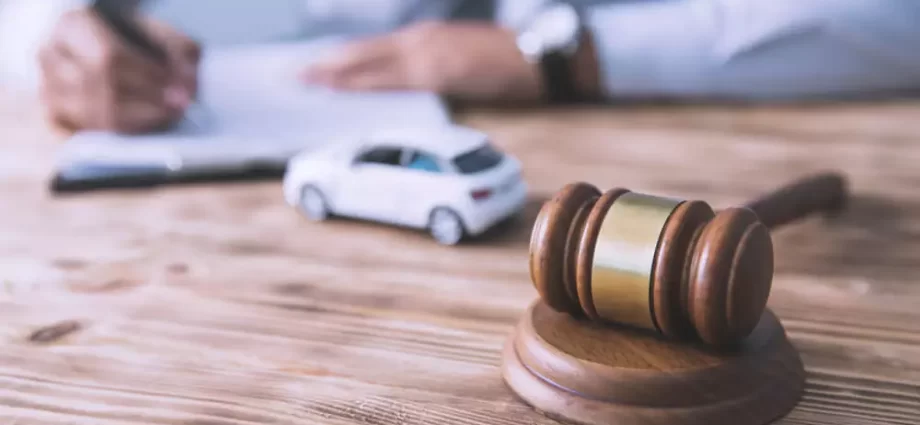The starting point for a criminal investigation conducted by a defense attorney is a complete understanding of the charges and allegations that the prosecution has levied against you. By thoroughly examining the specific laws you have allegedly violated, as well as carefully reviewing police reports, eyewitness statements, and other evidence, your attorney will fully comprehend the details of your case. It allows them to pinpoint the specific elements of each alleged crime that the prosecution must prove beyond a reasonable doubt. It also permits them to spot any logical gaps, inconsistencies, or potential violations of your legal rights.
Interviewing witnesses
A key component of building a defense is locating and questioning the witnesses who may testify against you. This includes both the eyewitnesses and investigating officers who provided official statements. Skilled criminal lawyers Blacktown have substantial experience interviewing such witnesses and detecting subtle tells in their answers that could indicate exaggerations, bias, or lies on the witness stand. These interviews also allow defense attorneys to identify any important details that witnesses may have initially left out of their statements to the police.
Visiting the crime scene
For criminal cases involving a specific location or crime scene, the most useful step an attorney takes is traveling to the scene to get a firsthand sense of the environment and geography. By physically viewing the location of the alleged crime, taking measurements, testing lines of sight, and documenting other spatial relationships, lawyers often detect issues with the prosecution’s theory of events. Crime scene visits also allow the defense team to take independent photos documenting important angles that may differ from official crime scene images.
Consulting experts
Drawing on guidance from neutral third-party experts is another weapon in a defense lawyer’s arsenal. Based on the nature of the criminal allegations, your attorney may collaborate with forensic scientists, medical professionals, psychologists, private investigators, or other specialists. An expert witness critically analyzes the prosecution’s evidence, identifies faulty methodologies or assumptions, and provides testimony and conclusions that contradict the charges against you. Thoroughly investigating the background of any expert is crucial to prevent the prosecution from undermining their credibility during cross-examination.
Researching case law precedents
After gaining a mastery of the facts in your criminal case, your defense lawyer’s next step is conducting extensive legal research. It involves analyzing prior court rulings in analogous cases to identify relevant judicial precedents, interpretations, doctrines, and themes that may strengthen your defense. The goal is to locate binding case law in the jurisdiction that either supports the dismissal of your charges or at least forces prosecutors to clear major legal hurdles at trial. Even non-binding case law from other jurisdictions is utilized to construct persuasive arguments. Thorough case law research forms the backbone of a winning defense strategy.
Negotiating plea bargains
Contrary to popular belief, the vast majority of criminal cases end not through trials, but rather via negotiated plea bargains between the defense and prosecution. Your lawyer’s leveraging of strong suppression motions, willingness to take the case to trial, demolishment of the prosecutor’s witnesses during depositions and preliminary hearings, and presentation of convincing affirmative defenses could lead the prosecutor to offer far more lenient settlement terms than originally threatened. Even defendants who maintain complete innocence often benefit from skillfully negotiated pleas.

